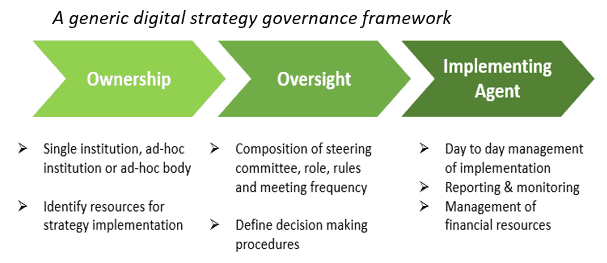
This blog post is the second part of a short blog post series. The main focus of the first part are new transformative models of Smart Cities. (Read part one here) This second part looks at how we can make cities and communities more inclusive, safe, resilient, and sustainable.
Bridging the vision and reality gap
The goal of making cities and communities inclusive, safe, resilient and sustainable, is well established and highlighted in SDG 11. However, concrete steps must be taken to transform the vision into reality. On a global scale, an efficient, holistic management approach – focused on small coordinated actions with relevant performance indicators – would contribute to improvements in the quality of life of residents.
To help with that, methodologies supporting the practical implementation of smart visions across geographies have been laid out by organizations such as the International Standards Organisation (ISO). The ISO 371 series from 00 onwards present a set of standards guiding smart cities and communities. For instance, ISO 37100 defines the vocabulary related to sustainable development in communities, smart communities, etc., while ISO 37107 provides a maturity model for benchmarking smart, sustainable communities.
Long term perspective
To achieve lasting Smart City objectives, long-term continuity beyond any current political cycle should be taken into account. Most smart city projects have lengthy preparation time. This becomes particularly clear when changes to physical infrastructures and buildings are involved, e.g. intelligent street lighting or Net Zero Energy Buildings (NZEB).
It is critical to have a shared vision of what the community should look like in two, three or even five decades, with major stakeholders, investors and especially citizens and local businesses involved. Political consistency is also essential, because of the significant investments required for most Smart City and low-energy district plans. Unstable political cycles and inconsistent priorities can hamper proper implementation of a city’s long-term sustainability vision, or lead to suboptimal choices when short-term effects are preferred over measures and approaches that would create lasting positive impact.
Cross-functional city collaboration and citizen engagement
Most city administrative structures are split according to function, leading to silos. Whereas, Smart City objectives often require collaboration between multiple departments. Additionally, new collaborative models could use existing digital social innovations to foster co-creation, co-design and co-production of solutions by citizens.
This should happen while strategies that reinforce transparency and accountability are being developed. Actualising a Smart City vision should include activities that support operational efficiency and cross-fertilisation, which would lead to breaking down the silos across government departments.
Trust and effective use of data
Data is the raw material of digitalisation. Digital technologies can pose challenges in terms of data sovereignty and privacy, also in terms of creating a level playing field for all companies. A sound strategy should promote the use of open data and/or an appropriate access to data by citizens, developers, start-ups, etc. It should also engage citizens in the evaluation of urban policies by applying Open Government practices, integrating feedback loops to renew and improve services.
Since trust is paramount to the adoption of Smart City solutions, integrating the concepts of Privacy by Design, such as including citizen consent in Smart Cities projects, would respect their right to privacy. In the EU, priority has been given to the protection of an individual’s digital identity through the General Data Protection Regulation (GDPR). Similar regulations will need to be developed, regularly updated and well disseminated, to guide the further deployment of other technologies such as AI. This would provide an overview of what new, advanced technologies (ICT, nanorobotics, integrated MedTech, autonomous vehicles, etc.) might mean for cities, districts and their citizens.
Recoupling in action in smart communities
A paradigm shift is already happening globally. Santa Monica in California published its first Wellbeing Index in 2015, shifting the focus away from GDP and closer to the lived experience of the residents. The Index helps identify specific needs of the population to create new policies and programs. Another example is the City of Kigali in Rwanda, which offers its citizens free medical check-ups and advice every second Sunday. Residents are invited to leave their cars behind, to engage in sports and participate in neighbourhood events. While primarily designed to prevent and fight incommunicable diseases and to promote healthy lifestyles, the Kigali Car Free Day has evolved into an occasion to decrease traffic and local greenhouse gas emissions, while increasing social connectedness by promoting community activities.
Smart cities and communities are not solely about the technology, but serve to improve the quality of life of citizens by placing advanced technologies at their service. A strategy that anchors the long-term perspective, emphasizes cross-domain collaboration, and takes the different roles and interests of stakeholders in the local ecosystem into account, would help any community actualise its vision of becoming Recoupled and Smart.
An article by Stephanie E. Trpkov.
___
The views and opinions expressed in this article are those of the authors and do not necessarily reflect the views of the Global Solutions Initiative.
___

Stephanie, Young Global Changers Ambassador and Young Global Changer of 2019, is a management consultant specialised in strategic industrial transformation and digitalisation. She works with policy makers and SMEs in the SEE region to shape their development strategies and international market expansion, focusing on emergent niches/business models, capacity building, change management and growth financing.

